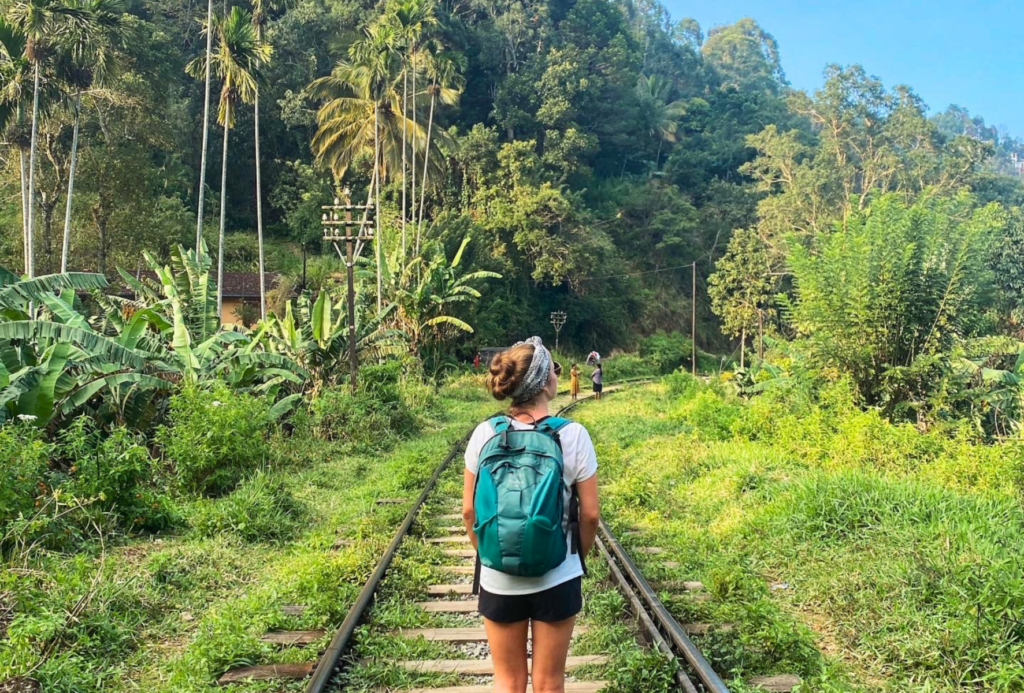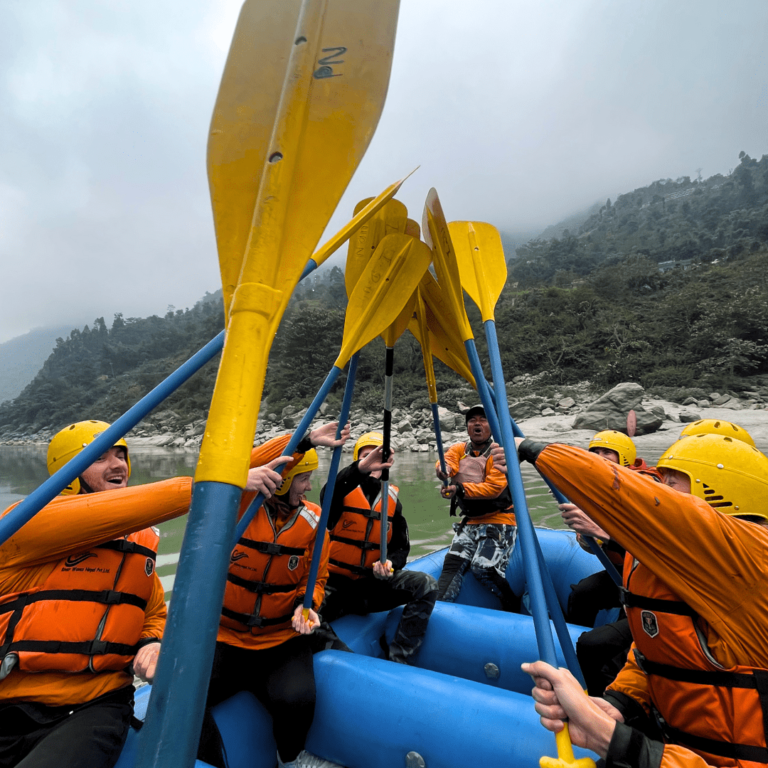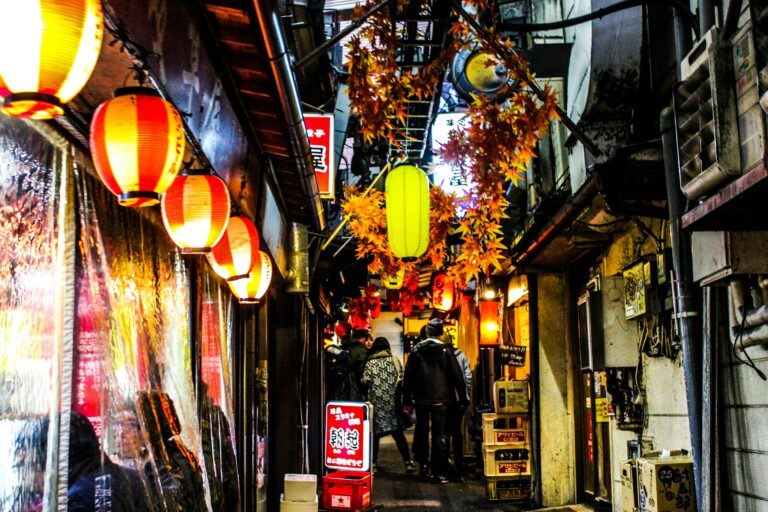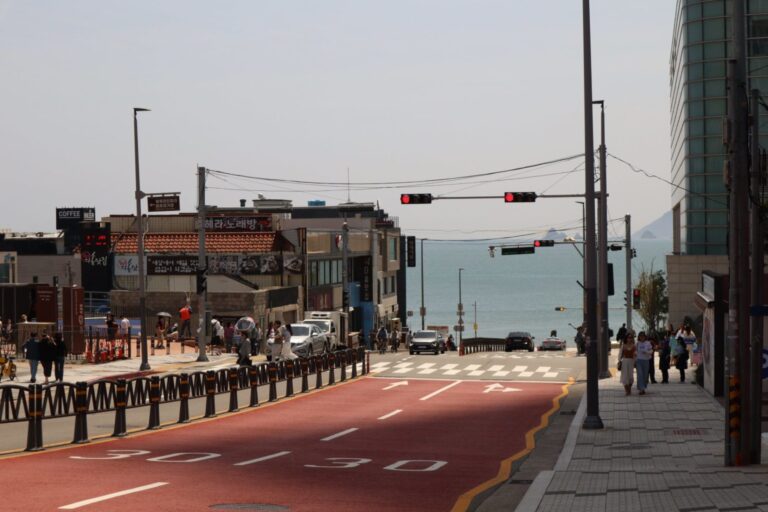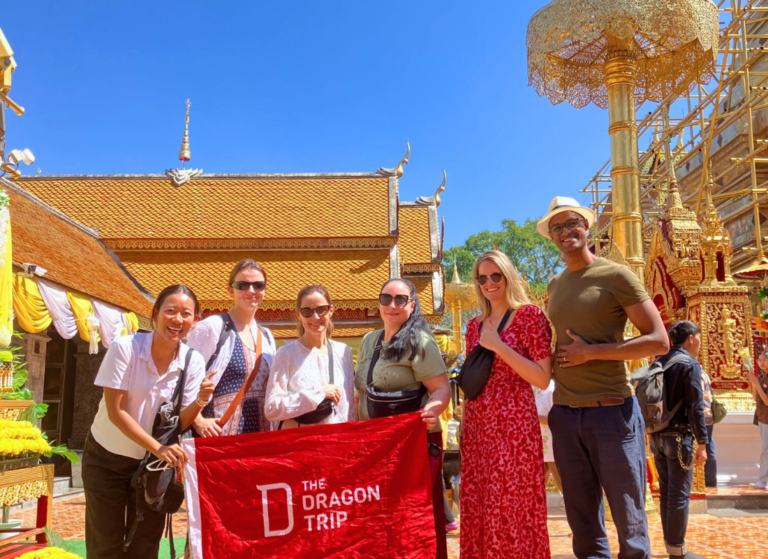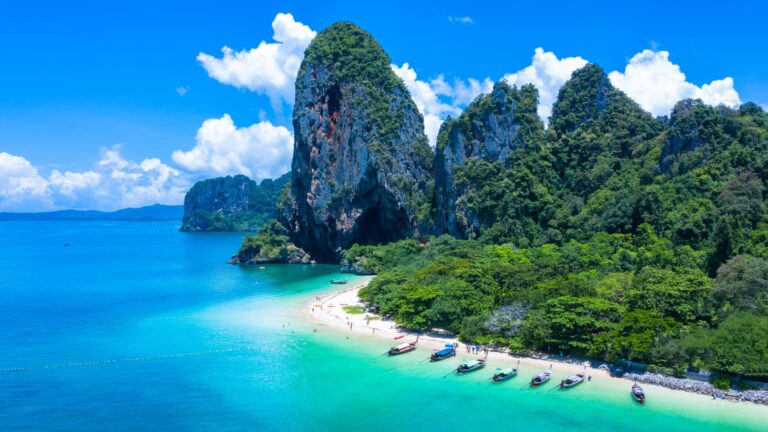A First-Timers Guide to Sri Lanka
Ah, Sri Lanka – a country that truly has it all. Featuring serene beaches, epic mountain ranges, hundreds of temples steeped in rich cultural history, and safari parks teeming with some of the world’s most extraordinary wildlife, Sri Lanka offers endless experiences that will leave every traveller happy to their core.
Visiting for the first time? We’ve put together a handy guide with need-to-know information to help you prepare for your adventure.

Is Sri Lanka good for solo travel?
Absolutely! While the classic destinations – aka, Southeast Asia, Australia, and New Zealand – remain go-to places for solo travellers, Sri Lanka is quickly emerging as the next big thing! And, what’s better than solo travel? Solo group travel in Sri Lanka. Like most Asian countries, it’s possible to travel around Sri Lanka independently. But travelling solo with a group tour to Sri Lanka offers incredible benefits.
Hassle-free planning: If there’s one thing to spoil a trip, it’s the planning. Nobody needs that stress! On a group tour to Sri Lanka, your itinerary is pre-planned to ensure you see all the best bits of Sri Lanka from the famous sights to the hidden gems. All you’ve got to do is show up, ready and willing to have the time of your life!
New friends: Group tours to Sri Lanka are an incredible chance to meet new people and build meaningful relationships with people you’d never meet otherwise, in some of the most amazing places on Earth. Like you, they’ll all be passionate travellers with a zest for seeking new adventures.
Safety in numbers: A must-have for those jet-setting off to unfamiliar destinations! Travelling as part of a group to Sri Lanka will ensure a collective sense of security, with a well-planned itinerary to follow, and a knowledgeable local guide on hand for 24/7 support.
Which is the best month to visit Sri Lanka?
The best months to visit Sri Lanka are generally January-March. During this time, the weather is ideal with warm temperatures, minimal rainfall, and plenty of sunshine, making it perfect for exploring the island’s diverse landscapes. November and December are similar, but you’ll likely experience some rain from time to time.
It’s important to note that Sri Lanka experiences two main seasons: the Maha season, a northeast monsoon occurring from September to March, and the Yala season, a southwest monsoon from May to August. If you can avoid these areas during their respective monsoon periods, you’re golden!
How much time should I spend in Sri Lanka?
The ideal duration for a group tour to Sri Lanka can vary depending on your interests, the places you want to explore, your travel style, and, of course, your annual leave allowance. If forever isn’t an option (which will likely be your desire after visiting), then here’s our guidelines:
- 5-7 Days: If you have limited time, Sri Lanka is still doable! Simply, focus on specific regions such as the Cultural Triangle (Sigiriya, Dambulla, Polonnaruwa), Kandy, Ella, and perhaps a beach destination like Unawatuna. This duration allows for a taste of Sri Lanka’s highlights but may feel rushed.
- 10-14 Days – AKA, the sweet spot: This timeframe allows time to explore Sri Lanka’s main regions, including Colombo Dambulla, Ella, Sigiriya, Udawalawe National Park, as well as some southern beach towns like Galle, Unawatuna, and Weligama.
- 2-3 Weeks or more: Like with any holiday, the more time you have, the more you can delve deeper into each region, exploring off-the-beaten-path destinations, engage in activities like hiking or wildlife safaris, and truly immersing yourself in local culture and cuisine.
Is it easy to get around Sri Lanka?
The short answer – yes. Sri Lanka is home to great public transport links including trains, buses, taxis, and the good ol’ trusty tuk-tuk.
- Trains: Sri Lanka is home to a comprehensive rail network that connects most of the prime tourist spots. It allows for easy travel in most parts in the west, south, north and central Sri Lanka including the famous journey from Hatton to Ella – more commonly known as the most beautiful train journey in the world. This journey is renowned for showing the best of rural Sri Lanka, passing through local tea plantations, verdant forests, misty mountains, and picturesque valleys.
- Bus routes: Buses connect most of Sri Lanka’s main tourist attractions and are incredibly cheap, but it comes with a warning – BRACE YOURSELF. If you’d rather steer clear of a bumpy ride, Sri Lanka’s highway buses are a great alternative – available from Colombo to the most popular areas in the south.
- Tuk-tuks: Available in popular areas, particularly along the south coast, tuk-tuks are a great option for shorter distances – from Unawatuna to Galle, for example. They’re also just a super fun way of getting around!
- Taxis: Most cities and substantial towns in Sri Lanka, taxis are available and are usually metered. However, if you’re headed on a longer route – from the South coast to Ella for example – it’s likely that you’ll need to arrange a price with your driver beforehand. Before visiting, we’d recommend downloading Uber and Sri Lanka’s local taxi app, Pick Me, for use in most towns and cities.



How much money do I need per day in Sri Lanka?
This can vary depending on personal preferences, travel styles, how many spots you visit, and how many activities you like to do. But if you’re willing to travel on a budget throughout Sri Lanka – it’s easily done!
Here’s a breakdown of daily expenses in Sri Lanka:
- Meals: £12-£16 per day (3-4 meals at £4 each)
- Accommodation: Budget options can be around £15-£50 per night.
- Transportation: Local transportation costs around £2-£10 per day.
- Activities/Attractions: Budget around £5-£15 per day.
So, a budget traveller might need approximately £34-£90 per day, covering meals, accommodation, transportation, and some activities. Joining a Sri Lanka group tour is often a cost-effective way to travel around!
Must-try Sri Lankan dishes
No trip to Sri Lanka would be complete without indulging in the local cuisine. With fresh seafood, tropical fruits, and aromatic spices easily accessible, Sri Lankan cuisine is diverse and delicious. You’ll likely want to devour everything – but here are a few recommendations from us anyway:
Roti, especially coconut roti, is a simple (yet delicious) flatbread and a great snack during the day! By evening, it’s mixed with a whole lot ‘a of goodness including, vegetables, egg, cream cheese, spices, and meat (for the non-veggies) to make Kottu – a classic evening dish in Sri Lanka!
Hoppers: These bowl-shaped pancakes, often served with an egg in the centre and chilli paste, are breakfast favourites – packed with a spicey, yet flavourful punch.
Sri Lankan curry and rice: Traditional Sri Lankan curry and rice offer a hearty and aromatic meal, with choices including prawn, chicken, or vegetables (the jackfruit one is incredible!). A twist on this is Lamprais, a Dutch-influenced dish of rice and other various accompaniments, baked in a banana leaf. It’s amazing.
Need-to-know local language in Sri Lanka
In Sri Lanka, it’s important to (at least try) and learn the basics of some of the country’s local languages: Sinhalese and Tamil. Sinhalese is primarily spoken in the south and among Buddhists and Christians. Common Sinhalese phrases include “ayubowan” for a general greeting meaning “may you live long,” “kohomada” for “how are you?” and “machan” for “brother.”
To express gratitude (on receiving food, for example), you can say “oyāṭa stūtiyi” or “oyāṭa bohōma stūtiyi” for “thank you very much.” In the north, where Tamil is more prevalent among Hindus, the greeting “wannakum” is commonly used. Taking note of these phrases will go down well with locals in Sri Lanka and enhance your connections with them.
The best things to do in Sri Lanka
Sri Lanka group tours are usually full of epic things to do including surfing, hiking, white water rafting, jeep safaris, and more. More details on adventures like these can be found here. But in your free times, it’s nice to strip things back to basics and enjoy the simple things, including:
- A chin wag to locals about their day
- A coconut on the beach whilst watching the sunset (a firm favourite)
- A wander around Ella’s souvenir shops
- Long walks on the beach
- Random sightings of wild elephants
- A trip to The Dr’s House to enjoy some live music with a drink
Top tips for travel in Sri Lanka
- Don’t feed the monkeys: As cute as they are, feeding monkeys promotes unnatural relationships between them and humans. It’s best to admire them from afar and leave them to it.
- Don’t drink tap water: It’s highly recommended to avoid drinking tap water in Sri Lanka, and that includes ice in your drinks too! Unless you want to subject your stomach to a hard time, general advice is to consume bottled water, available in all local supermarkets.
- Tips: They aren’t compulsory but are always welcomed by locals.
- Try the local Arak: If you like yourself a little tipple, try this traditional Sri Lankan spirit, distilled from the sap of a coconut flower. It’s delicious!
- Be respectful: Sri Lanka is home to various traditions and religious practices that may not be present in your home country. Ensure you stay aware and pay respect when visiting spiritual sites by covering your shoulders and knees.
- Check your passport expiry date: To enter Sri Lanka, your passport must be valid for six months or more from your expected departure date. My advice to you? Set a reminder one year before your passport expiry date!
- Get your laundry done: Sounds weird but hear me out. My top travel tip is to hire a local cleaner to do your laundry two days before leaving. You’ll appreciate having no washing to do when you get home!
And there you have it! So, whether you’re an adventurer with a passion for water sports, a relaxation seeker who loves yoga in the mountains, a foodie eager to try mouth-watering dishes, or a culture enthusiast looking to explore stunning temples – all that’s left to do is book your group tour to Sri Lanka!

